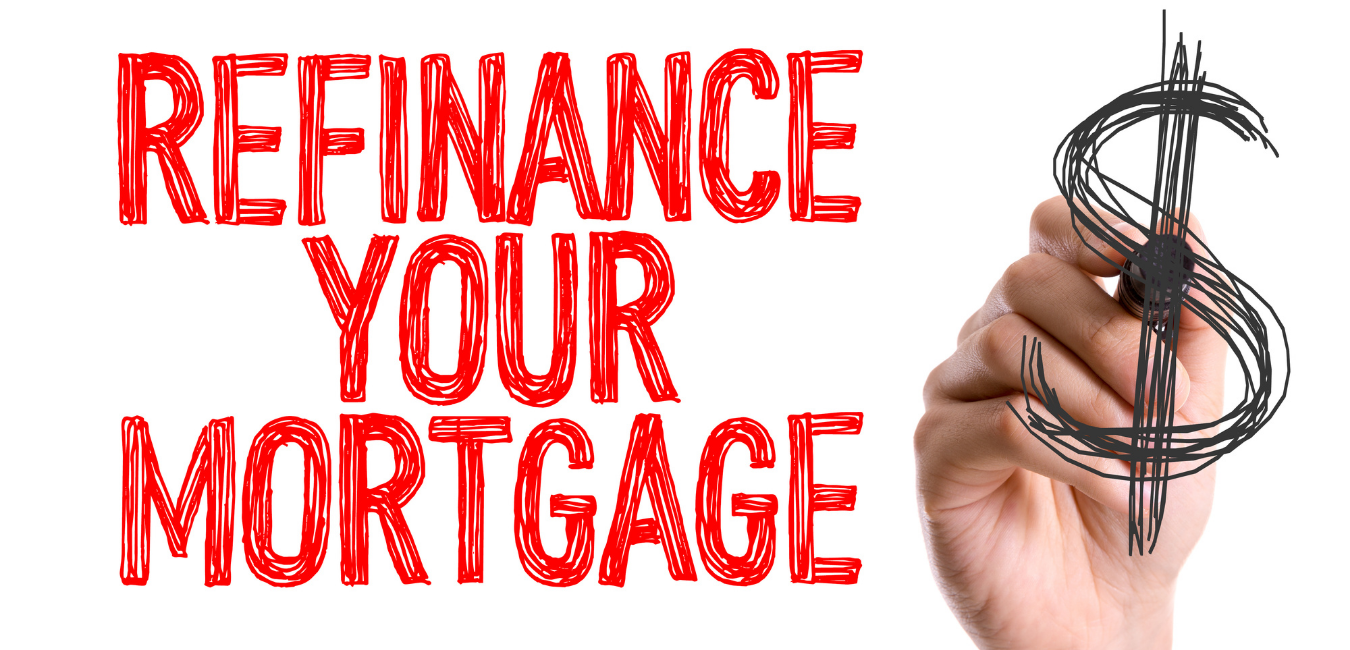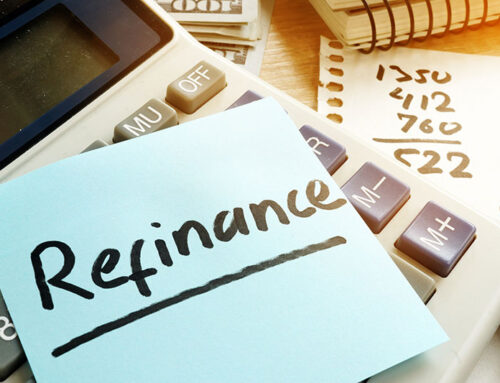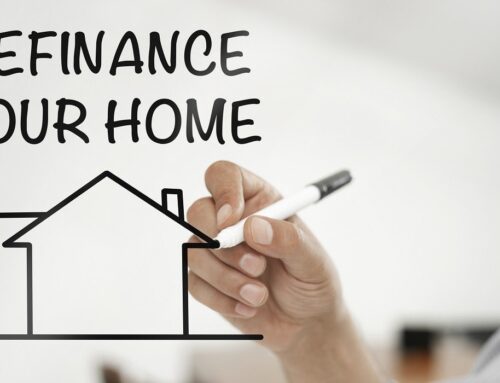One of the most effective ways to update your house loan and discover a deal that works for you is refinancing. Most borrowers choose a longer period of loan for example 25 to 30 years. But due changes in the needs of borrowers over time, your house loan should of course adapt to your changing needs.
Are you considering to find better terms for your home loan? Here are six reasons to consider refinancing your home this year.
1. Refinance your loan to lock in a fixed rate of interest.
Refinancing to a fixed rate mortgage could be a wise option in 2022, with interest rates expected to rise.
You don’t have to worry about interest rate variation if you have a fixed interest rate because your rate will be the same for the duration of your loan. Because you’ll know how much you owe each month, it’ll be easier to budget.
There are still competitive fixed rates available, which might help you lock in a cheap rate for the next one to five years!
The biggest disadvantage of a fixed interest rate is that it limits your options. You won’t be able to make extra payments or use specific loan features like offset accounts and redraw options if you don’t have enough money.
So, if you want some of the flexibility of a variable rate mortgage but still want some stability, a split rate home loan can be a good option for you. This means that although one half of your loan will have a fixed interest rate, the other will have a variable rate.
2. Refinance to keep up with your changing needs and financial situation
There’s a good chance that your personal and financial conditions have shifted since the time you availed your house loan. The changes might be because of the following reasons:
- Having a family
- Moving out of parent’s home
- Whether you choose a bigger or smaller house,
- Changes in spending power
- Priorities and financial goals have changed.
These changes could affect how you can repay your loan whether favorable or unfavorable. If you now have higher income, for example, it may be time to increase your minimum repayment when you refinance. After all, the faster you pay off your loan, the less you’ll have to pay in total interest.
3. Consolidate debt thru refinancing
Repaying your home loan might be already be stressful. What more if you have other loans you need to pay.
Forget about different due dates. If you want to get your finances streamlined, consider debt consolidation. This allows you to combine your home loan, personal loans, vehicle loans, and credit card bills into a single monthly payment.
The interest rate on your merged loan will be the same as the one on your home loan. Interest rates on a home loan are usually cheaper than those on credit cards and other unsecured obligations.
4. Refinance your loan to get a better rate.
Borrowers frequently refinance in order to get a lower interest rate. It’s a good idea to keep track of your lender’s new customer rates. Contact your lender and see if you can negotiate a lower interest rate if your rate is higher than these new rates.
However, don’t be scared to choose a different company. Because lenders aren’t known for rewarding loyal customers, switching to another lender may be worth it if you can get a better offer elsewhere.
Websites that compare home loan interest rates can provide you with home loan interest rate options available.
5. Refinance to switch to better lenders
Borrowers transfer lenders for a variety of reasons, including:
- Customer service is not satisfactory to me.
- Communication is shaky.
- Payments are not made in a timely manner.
- Apps for mobile phones that are convenient
- Reasons of morality (i.e. switching to a lender whose values align more closely with their own)
- Fees that are prohibitively high.
The level of service provided by your lender might be a deal-breaker, even if you have a terrific deal on a house loan.
6. Refinance to gain access to equity
You create equity by paying down your home loan with regular principal and interest payments. The proportion of your property’s value that you own entirely, which is likewise affected by its value, is known as equity.
It’s computed by deducting the market value of your home from the amount owed on your mortgage. For example, if you own a $500,000 home with a $250,000 loan balance, your equity is $250,000, or 50% of the value of the property.
You can use your equity for a variety of things other than property-related expenses. In order to fund:
- Renovations
- The buying of a second home
- Investments
- Maintaining your home
- Extravagant costs (e.g. new car or holiday)
- Getting rid of additional debts
Renovations can increase the value of your property, so it’s also increasing your equity. You’ll need to refinance your home equity loan to get access to your equity.
Thinking of refinancing? It’s a good idea to hire a professional to help you refinance your mortgage. Our Professional Home Loan Specialists at Micah Finance Solutions can assist you in finding a new loan that meets your requirements. Make an appointment right now.





Leave A Comment